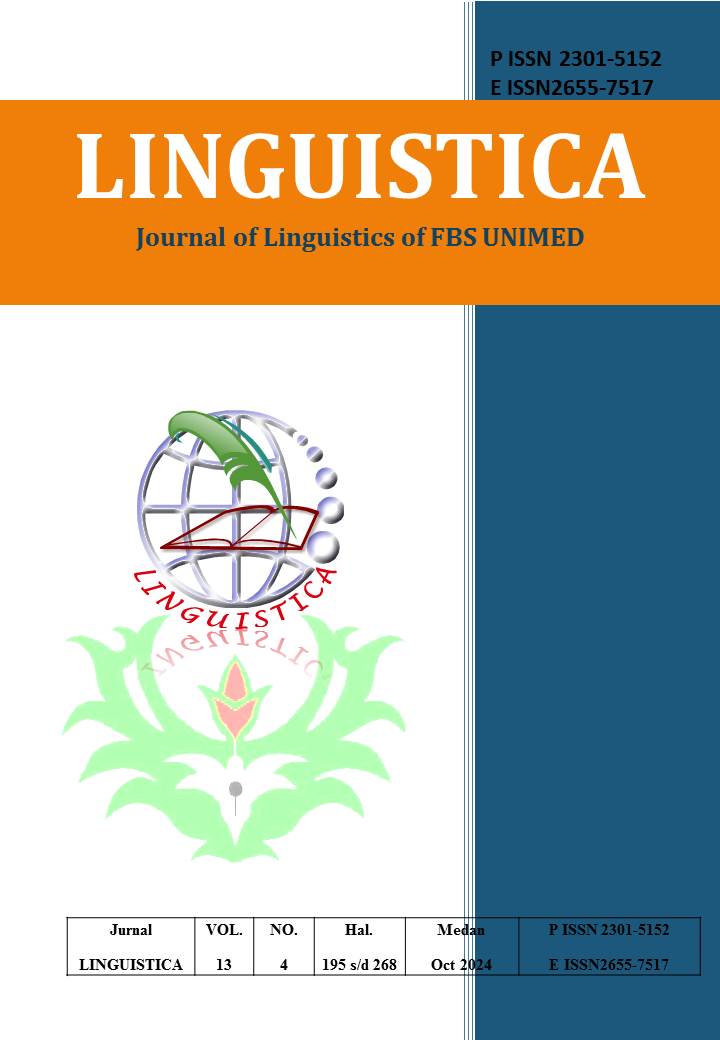Enhancing EFL Students Speaking Skills Through Digital Storytelling: A Case Study in a Vocational High School
DOI:
https://doi.org/10.24114/jalu.v14i2.66878Abstract
Digital storytelling (DST) has emerged as a powerful pedagogical tool in enhancing students’ speaking abilities, particularly in English as a Foreign Language (EFL) contexts. This study explores the implementation of DST in a vocational high school in Cianjur, Indonesia, using a qualitative case study approach. Data were collected through classroom observations and interviews with students to examine how DST influences their narrative speaking skills. The findings revealed that DST engages students actively through multimedia elements, improves their pronunciation and fluency, and boosts their speaking confidence. However, the study also identifies key challenges, including limited English proficiency, lack of confidence, and inadequate school facilities. The results indicate that while DST has strong potential in language learning, its success heavily depends on students’ foundational English skills and the availability of supporting infrastructure. The study concludes with suggestions for improving DST implementation in EFL classrooms, including increased training, better access to digital tools, and targeted support for speaking proficiency.Downloads
Published
2025-04-26
How to Cite
Abdul Faliq Habbi Nawa, & Sumartaevi Karlina Ambarwati. (2025). Enhancing EFL Students Speaking Skills Through Digital Storytelling: A Case Study in a Vocational High School. LINGUISTICA, 14(2), 73–78. https://doi.org/10.24114/jalu.v14i2.66878
Issue
Section
Articles
License
Copyright (c) 2025 Abdul Faliq Habbi Nawa, Sumartaevi Karlina Ambarwati

This work is licensed under a Creative Commons Attribution-ShareAlike 4.0 International License.
Authors who publish with this journal agree to the following terms:
- Authors retain copyright and grant the journal the right of first publication with the work simultaneously licensed under a Creative Commons Attribution License that allows others to share the work with an acknowledgment of the work's authorship and initial publication in this journal.
- Authors are able to enter into separate, additional contractual arrangements for the non-exclusive distribution of the journal's published version of the work (e.g., post it to an institutional repository or publish it in a book), with an acknowledgment of its initial publication in this journal.
- Authors are permitted and encouraged to post their work online (e.g., in institutional repositories or on their website) prior to and during the submission process, as it can lead to productive exchanges, as well as earlier and greater citation of published work (See The Effect of Open Access).
- This work is licensed under a Creative Commons Attribution-ShareAlike 4.0 International License.









